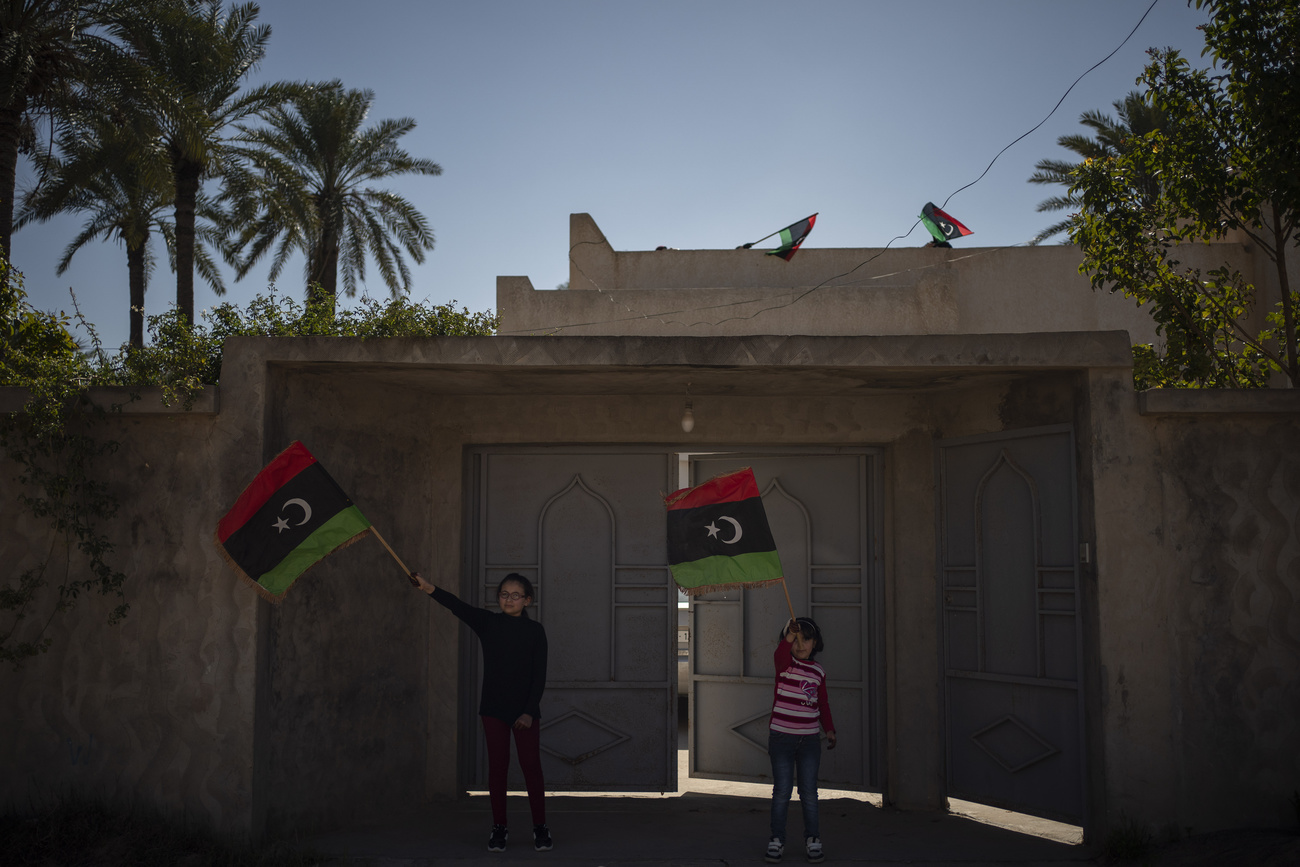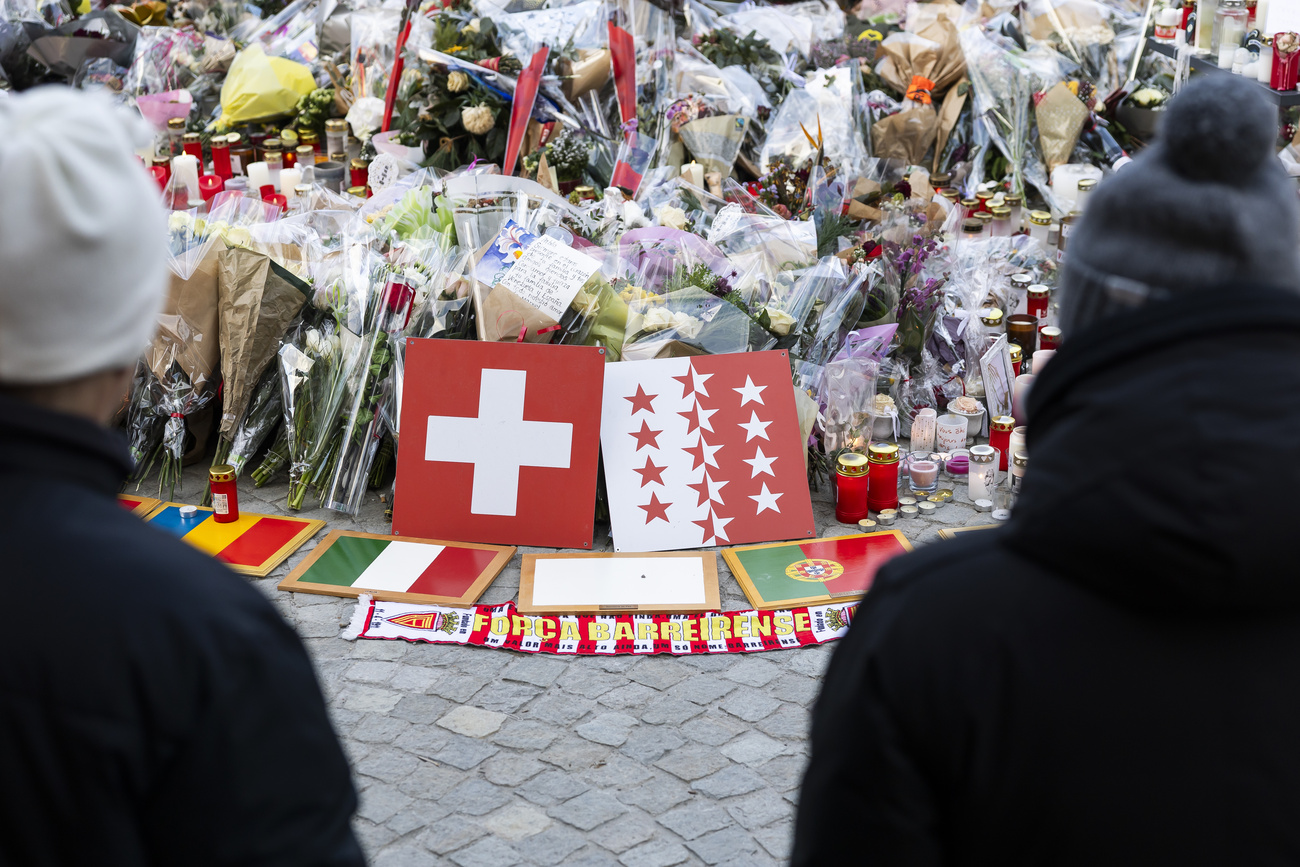
Libyan interim government will be chosen in Switzerland

Libya's new political leadership - until the elections in December - will be decided on Swiss soil, it has been announced.
Members of the Libyan Political Dialogue Forum (LPDF) will meet in Switzerland in early February to elect their interim executive. The 75 representatives of the Forum have been invited by the UN Mission in Libya (UNMIL), whose new head Jan Kubis is due to begin his term of office at the beginning of February.
In its announcement on Thursday evening, UNMIL did not specify whether the election would take place at the Palais des Nations, the seat of the UN in Geneva, as several recent meetings on Libya have done. What is known is that the members of the LPDF will meet from February 1 to 5 for this election.
As of Thursday, candidates for the three seats on the governing Presidential Council have one week to declare their intention to run. An 18-member LPDF committee representing various regions of Libya will decide their fate while the entire 75-member LPDF will elect an interim prime minister. There have been several disagreements about the process of selecting the interim leaders of the nation.
The country must try to reunite after years of conflict that has resulted in many civilian casualties. The running of the country is split between the internationally recognised Government of National Accord (GNA), which controls the west of the country, and forces loyal to the rebel General Khalifa Haftar in the east.
Foreign military and mercenaries
Despite the cessation of violence, tens of thousands of foreign military and mercenaries in Libya, supporting both sides, are still estimated to be in the country. They were due to leave by the end of this week.
The United Nations Security Council will consider a resolution on whether to add mercenary monitoring to the UNMIL’s mandate in a few days’ time.

In compliance with the JTI standards
More: SWI swissinfo.ch certified by the Journalism Trust Initiative






























You can find an overview of ongoing debates with our journalists here . Please join us!
If you want to start a conversation about a topic raised in this article or want to report factual errors, email us at english@swissinfo.ch.